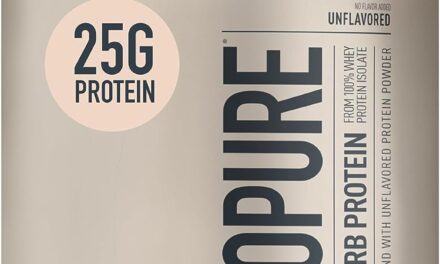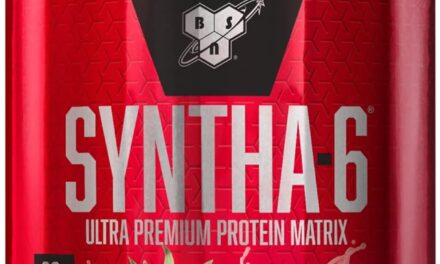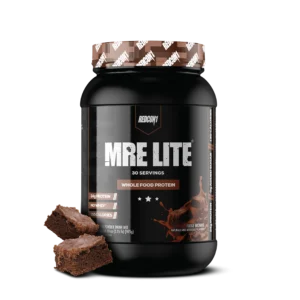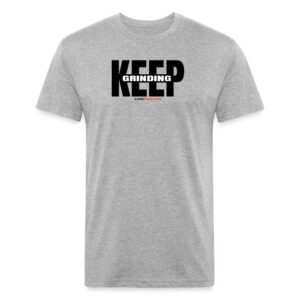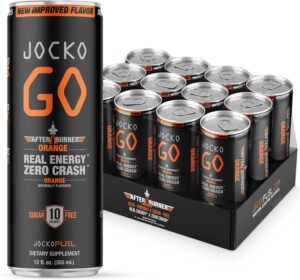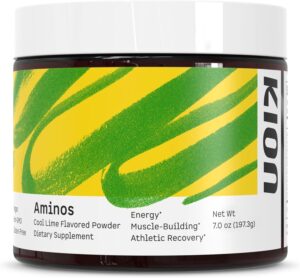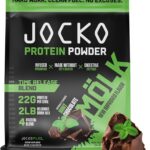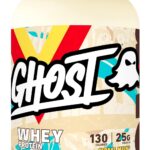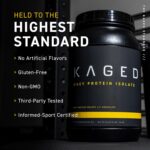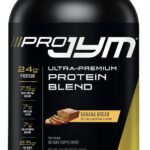
2023 SUPPLEMENT GUIDE (Which Supplements | What Age)
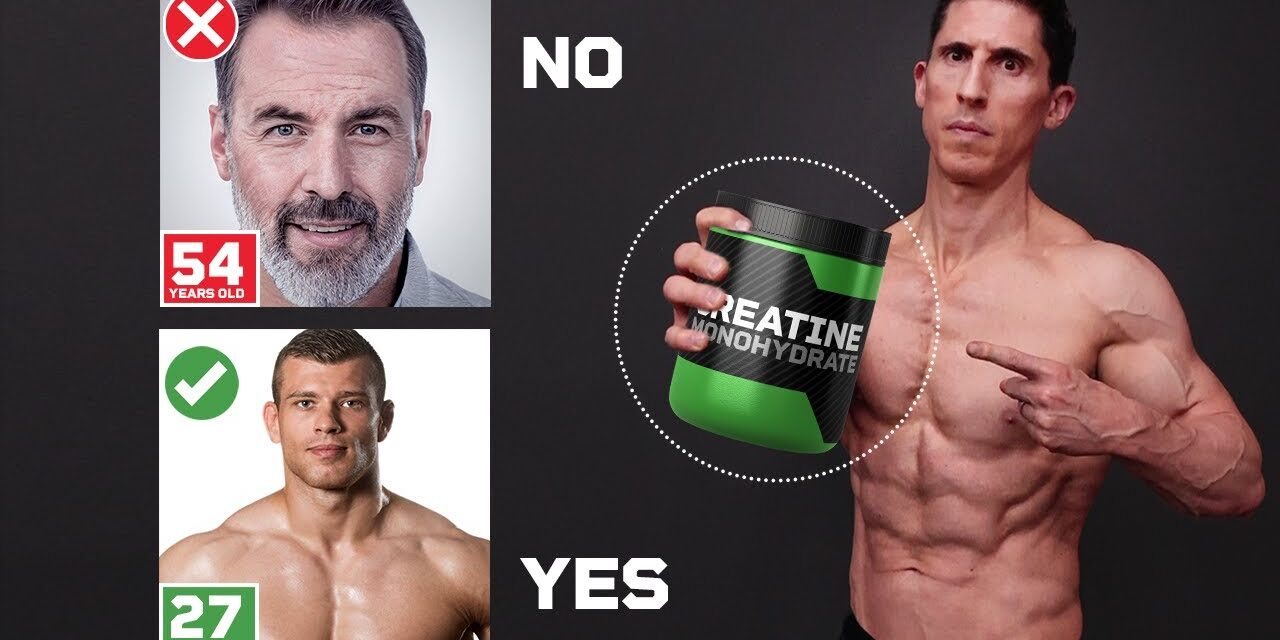
When it comes to deciding which supplements to take and at what age to start taking them, I felt there was a need for an official supplement checklist. Something that could be used as a guide for years to come that would help you decide which workout supplements and vitamins were going to be helpful to you, specific to your goals and your age.
Here we are going to cover what Amazon has determined are the top 14 categories of supplements according to the popularity of them based on those people using them. We start the list off where many people start off their day, with a multivitamin. This is something that I look at as an insurance policy for covering the broad gaps in your not so perfect nutrition plan is creating right now. The issue with many multivitamins is that they are almost too broad, including many times vitamins and minerals that conflict with the absorption of one another in the same pill. That said, they are remarkably safe and are popular amongst all of the age groups covered in this video (and even those younger than discussed), so for that reason I believe they are a good place to start for almost everyone.
Next up we have specialty vitamins. This is best determined by identifying specific deficiencies via either a blood panel or obvious signs and symptoms, and then addressing them with individual vitamins and micronutrients. This includes things like vitamin D, iron, potassium, vitamin C, etc. There are many causes of nutrient deficiency, but the most important thing is that you don’t ignore yours if they are present. The simple addition of a single vitamin each day can go a long way towards restoring normal function in your body and making you feel great at minimum cost and very little extra effort. Next we have to talk about protein powder. This is the most popular workout supplement on the market by far, for good reason.
We can all agree that having enough protein in our diets is critical to building the most amount of muscle possible from our workouts. I actually don’t view protein supplements as supplements, but rather as an alternate source of protein to chicken, beef or fish. In fact, it is most of the time the most convenient way for us to make sure we’re hitting our daily protein requirements of around 1 gram per pound of bodyweight.
The key here is choosing a high quality formula. ATHLEAN-Rx Pro-30G is at the top of the heap when it comes to this. It’s made from only the highest quality sources of protein and has an industry leading 30 grams of protein in every serving. You can find it at the link above. Continuing on, we hit a run of three closely related supplements in purpose that are very different from each other in function and safety.
This includes TRT, SARMS and Testosterone Boosters. First of all, the first two are so readily available and used these days that they have become almost confused by many, especially the younger population, that they act as if they are on a par with protein. These are not. They are medically prescribed substances and in the case of SARMS, not even medically approved for healthy use. Parents need to be aware of the rising reliance that kids are turning to these and educate them as to the concerns of using them both short and long term. Back to the more traditional supplements we discuss the use of melatonin.
This natural sleep aid is safe for all ages but must be used in proper dosages and is therefore best that you get the advice of your physician. That said, the increased use of electronics and devices late at night create sleep disturbances due to the over exposure to blue light. Rather than turn to a supplement to help you sleep better you’d be better off following the advice of Dr. Andrew Huberman who suggests that getting early sunlight exposure every morning can help to restore normal circadian rhythms and more restful sleep. Turning back to the workout supplements we have to address creatine.
Notice I didn’t point out the specific form of creatine since there are so many. Whether you take creatine monohydrate, creatine hcl or even buffered creatine, they all work the same and have the same end result – improved force and power generation in every workout, faster replenishment of ATP, increased intramuscular hydration and increased muscle size. The determining factor between taking one form or another has to do with the potential for bloating or gut disturbance that some experience with monohydrate. If that is you, you should look into taking creatine HCL which has a higher absorbability and can be taken in lower dosages (2-3 grams vs 5 grams for monohydrate). There are many more supplements covered here so you’ll want to watch the whole video. Remember to subscribe and turn on your notifications so you never miss a new video when it’s published here on youtube! What’s up, guys, Jeff Cavaliere, Athleanx.com. What you see behind me is a bunch of different Supplements, many of which you’re either taking right now or maybe consider taking At some point. However, my job today is to help you to determine whether or not it’s actually Right for you. Whether the actual supplement category is right for you and most importantly, At what age should you consider maybe even taking it? I’m putting together my supplement timeline To help you to figure out not just what, but when or if you even need it at all. And so today I’m going to expand upon a previous video I made where we made a timeline just like This, but with new science of supplementation that we can apply to our decisions, we can make Better recommendations. That being said, we want to identify the age bracket so you can find out Where you fall in. We have the 10- to 13-year-old age bracket, and you might think to yourself, That’s too young. Not for all supplements and we’ll cover that. Fourteen to 19, So your typical teenage bracket, 20 to 34, 35 to 49 and then we have our 50-year-olds and up. Now again, we’re going to break down each and every category here and make the recommendations Based upon the age brackets. The specific recommendations may always be different, and You’re always best advised to consult a physician before you start taking anything. That being said, Let’s dive into the first category.
Multivitamins
Multivitamins are an essential part of maintaining a healthy lifestyle. They act as an insurance policy for filling any gaps in your nutrition plan. While they may not address all of your nutritional deficiencies, they provide a good starting point. It’s important to note that not all multivitamins are created equal. Some contain a broad range of vitamins and minerals that may conflict with each other, affecting their absorption in your body. However, multivitamins are generally safe and appropriate for all age groups, including children under the age of ten.
Speciality Vitamins
Speciality vitamins are designed to target specific deficiencies identified through blood work or symptoms. They provide a more targeted approach to addressing nutrient gaps in your body. Vitamin D deficiency, for example, can cause significant health issues, while a lack of vitamin B12 in a vegan diet can be problematic. It is recommended to consult with a physician and get blood work done to determine any deficiencies. Taking a more measured approach by only taking what is necessary can be safe for all age groups.
Protein Powder
Protein powder is the most popular workout supplement on the market for a good reason. Protein is crucial for building muscle, and protein powder provides a convenient and easily digestible source of this nutrient. While some may view protein powder as a supplement, it is more accurately considered an alternative source of protein to foods like chicken, beef, or fish. It can be particularly useful in ensuring you meet your daily protein requirements, especially if you are unable to consume enough protein through whole foods. When choosing protein powder, it’s important to opt for high-quality formulas like ATHLEAN-Rx Pro-30G, which offers 30 grams of protein per serving.
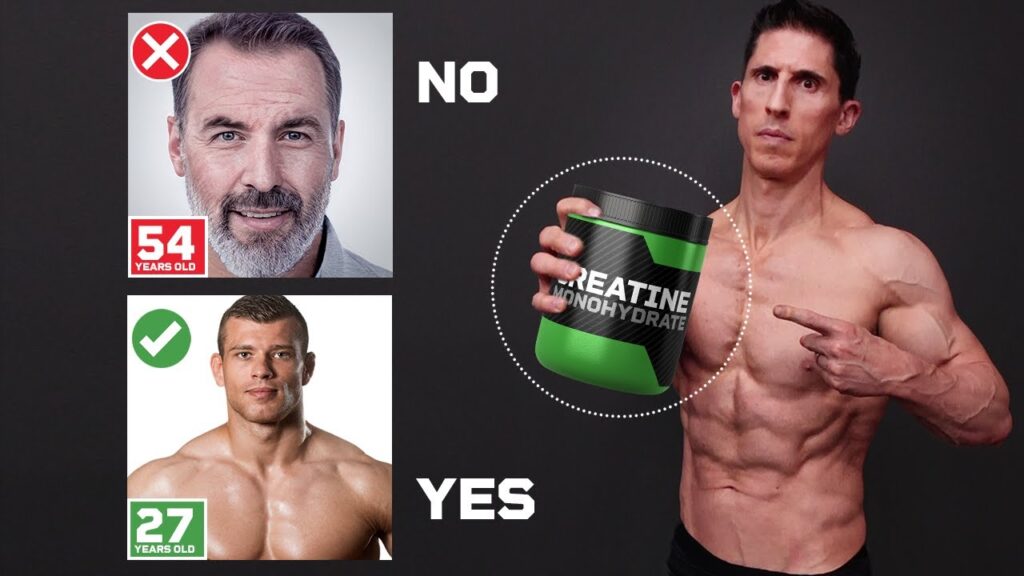
Melatonin
Melatonin is a safe supplement that can help restore a normal sleep cycle. While it is generally considered safe for all age groups, it is crucial to use it in proper dosages. It is best to consult with your physician before taking melatonin. It’s worth noting that excessive exposure to blue light from electronic devices late at night can disrupt sleep. Instead of relying solely on supplements, consider following the advice of Dr. Andrew Huberman, who suggests getting early sunlight exposure in the morning to restore normal circadian rhythms and improve sleep quality.
Testosterone Replacement Therapy (TRT)
It’s important to clarify that TRT is not a supplement but rather a medical treatment. Testosterone replacement therapy should only be used when clinically necessary and under the guidance of a doctor. TRT is not something to be taken lightly, and it is crucial to consult with a healthcare professional before considering it as an option.
Testosterone Boosters
Testosterone boosters can provide some benefits in a safer way compared to TRT. However, it is still recommended to consult with a doctor before using them. Testosterone boosters are often confused with protein supplements, but they are not the same. They are still medically prescribed substances and should not be used without professional advice. Parents should educate their children about the potential risks and long-term effects of using these supplements.
SARMS (Selective Androgen Receptor Modulators)
SARMS are untested and should be avoided. These substances are not medically approved for healthy use, and their safety and efficacy have not been adequately studied. It is best to steer clear of SARMS and focus on other safe and reputable supplements.
Creatine
Creatine is a well-researched and safe supplement that can benefit individuals looking to improve their strength, power, and muscle hydration. It aids in ATP regeneration and is often used to increase muscle size. There are various forms of creatine available, such as monohydrate or HCL. The choice of form depends on individual preferences and considerations such as potential bloating or gut disturbance. It is vital to follow recommended dosages and consider consulting with a healthcare professional before starting creatine supplementation.
Pre-Workouts
Pre-workout supplements are designed to provide energy and other benefits for workouts. They often contain ingredients like caffeine, taurine, and tyrosine to enhance energy levels and focus during exercise. However, it is crucial to monitor caffeine intake and gradually reduce dependence if necessary. While pre-workouts can be beneficial, they should not replace a regular nutrition plan and should be used in conjunction with a balanced diet and exercise routine.
Choosing High-Quality Supplements
When selecting supplements, it is essential to choose high-quality products from reputable brands. Not all supplements are created equal, and some may contain contaminants or ineffective ingredients. Prioritize safety and effectiveness by researching brands and seeking recommendations from healthcare professionals or trusted sources. Investing in high-quality supplements ensures you are getting the desired results and helps avoid potential risks associated with lower-quality products.
Supplementation can be a valuable addition to a healthy lifestyle, but it’s crucial to approach it with caution and consult a physician before starting any supplement regimen. Every individual has unique needs and goals, and supplements should be chosen based on those specific factors. By considering safety, appropriateness for age groups, and individual requirements, you can make informed decisions about which supplements will benefit you the most. Remember to prioritize overall health and wellness and use supplements as a complement to a balanced diet and regular exercise routine.








